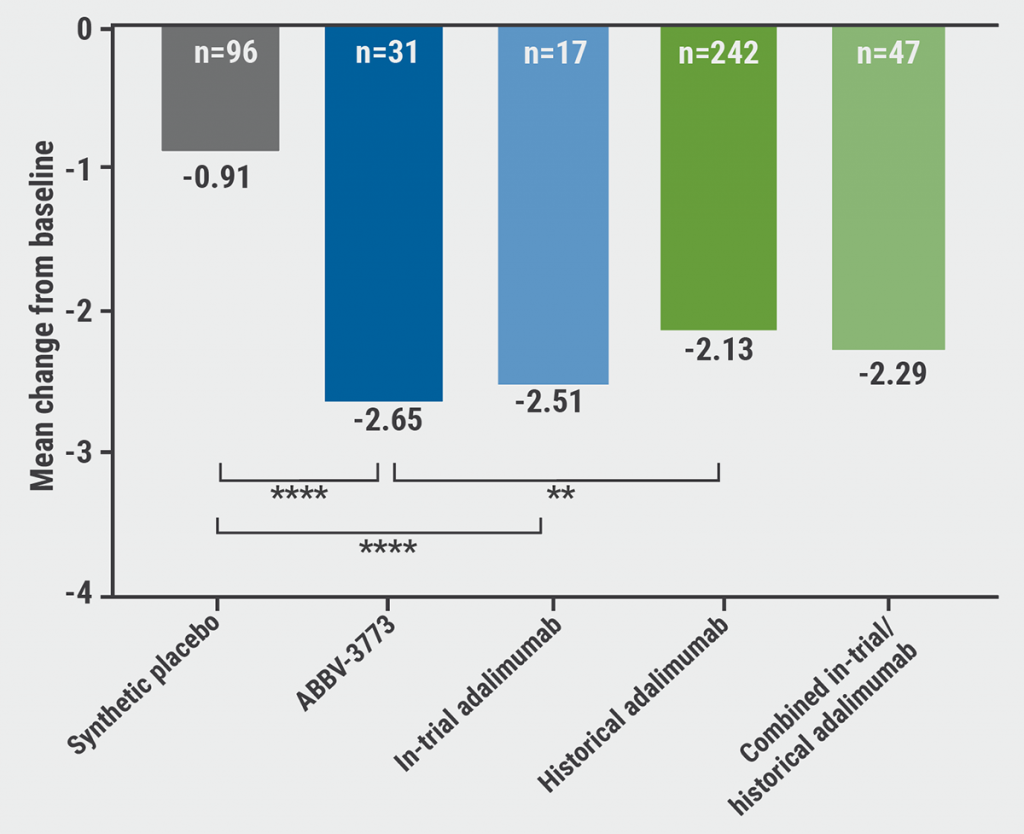In monocytes from patients with RA, researchers found high concentrations of intracellular zinc, which regulates immune responses by affecting signaling pathways, according to a report in Science Signaling.
They also found increased expression of Zip8, a zinc-specific importer, in peripheral and synovial monocytes of patients with RA and zinc-mediated metabolic shift. These shifts are "closely associated with enhanced proinflammatory cytokines," Dr. Won-Woo Lee of Seoul National University College of Medicine told Reuters Health by email.
"Among 14 zips, zip8 expression was uniquely increased in peripheral and synovial monocytes," Dr. Lee explained "Zip8-mediated zinc influx in these cells was important for the inflammatory response, such as the production of the proinflammatory cytokine IL-1beta."
Further, he said, "We found that zinc acts as a regulator of the mTORC1/S6K signaling pathway involved in the metabolic shift that was required for increased IL-1beta production. In monocytes from RA patients (compared to controls), the expression of zip8 and the activity of mTORC1/S6K were enhanced, and zip8 expression correlated with more severe RA, suggesting that the zinc-mediated metabolic shift in monocytes is associated with clinical parameters of RA patients."
From a potential treatment perspective, he said, "Considering the biological importance of zinc in our body, rather than reducing the systemic zinc level, it is necessary to develop a small molecule inhibitor that can block zinc influx by binding to zip8, or a strategy that can specifically inhibit only the expression of zip8."
Dr. John Hardin, Professor Emeritus in Medicine in the Department of Microbiology and Immunology and in Orthopedic Surgery at Montefiore Medical Center in New York City, commented on the study in an email to Reuters Health.
"This study raises the possibility that... people with an autoimmune disease such as RA might be harmed by increased exposure to zinc," he said. "It seems urgently important to explore this possibility, given the very large number of people who consume over-the-counter zinc supplements."
"This work might be expanded to studies in whole animals and even humans who are exposed to, or deprived of, zinc in terms of alterations in intracellular signaling, expression of inflammatory biomarkers, and disease expression," he said. "For example, there are some reports of zinc promoting osteoarthritis, a disease in which IL-1 is thought to be an important mediator. The mechanistic insights provided by the present study will enable future studies focused on such questions."
"After reading this paper," he added, "I would be much more careful recommending zinc supplements for patients with autoimmune conditions and I will start thinking about whether we can gain important information from measurement of zinc levels in clinical settings."
SOURCE: https://bit.ly/33sDH0J Science Signaling, online January 11, 2022.
By Marilynn Larkin
Posted on
Previous Article
« Lung-cancer screening leads to overdiagnosis among nonsmoking Asian women Next Article
Speech analysis can link voice changes to heart failure status »
« Lung-cancer screening leads to overdiagnosis among nonsmoking Asian women Next Article
Speech analysis can link voice changes to heart failure status »
Related Articles

August 2, 2021
ABBV-3373: A potential new therapeutic agent for RA
© 2024 Medicom Medical Publishers. All rights reserved. Terms and Conditions | Privacy Policy

